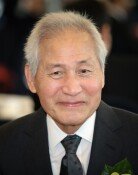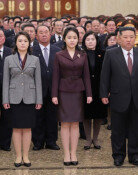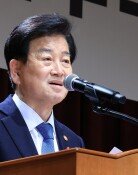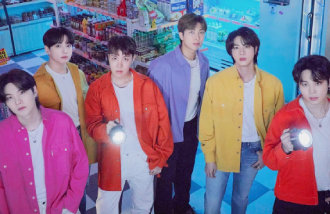Critical assessment, not negative propaganda
Critical assessment, not negative propaganda
Posted November. 28, 2012 04:16,
Saenuri Party presidential candidate Park Geun-hye on Tuesday, the first official day of the campaign, delivered campaign speeches in the two Chungcheong provinces and North Jeolla Province. Her rival, main opposition Democratic United Party candidate Moon Jae-in, began campaigning in Busan. Following independent Ahn Cheol-soos withdrawal from the race last week, whom swing voters among Ahns former backers will support has emerged as a key variable that will determine the winner of the Dec. 19 election. Because the competition is turning into a neck-and-neck race, both Park and Moon are striving to woo support from Ahn`s former supporters. The fog surrounding the efforts to unify the opposition candidate has cleared, but the fog of Ahn has effectively reappeared.
As the presidential race intensifies and makes it extremely difficult to predict the result, rival camps are highly temped to launch major offensives on the credibility of their opponent`s candidate. So mudslinging wars often through groundless accusations were rampant in most presidential elections in Korea. Negative campaigns have far-reaching ripple effects and strongly influence the instigation of voters. Even if the truth surrounding negative propaganda is confirmed after election campaigns, badly damaged election fairness cannot be recovered.
The president is the supreme public figure in Korea. For this reason, the private life of a candidate in addition to his or her vision and policies should be thoroughly examined and verified. If the verification process for candidates is done sloppily, this could burden the next administration even after a candidate is elected. Considering corruption scandals involving a presidents aides and relatives over the years, including in the incumbent Lee Myung-bak administration, the importance of verification of a candidates eligibility can never be overemphasized. The verification process should be strictly differentiated from negative propaganda based on groundless accusations, however. Negative campaigns under the pretext of verification are crimes that can spoil election culture.
With the official start of the campaign period for the presidential election, voters can engage in electioneering as well. They can post news reports or political ideas in favor of the favored candidate. Should one spreads unconfirmed rumors against a certain candidate, including the allegation that Park had a lovechild, criminal prosecution will ensue. Among election violations detected in connection with the Dec. 19 election, 172 people were caught for spreading false information that slandered, or 74.5 percent of the cases. Judicial authorities must crack down on the spread of false rumors that could occur over the campaign period.
Unlike general elections, which tend to be reflective of past events and activities, the presidential election tends to be a future-oriented vote in which candidates are evaluated based on their visions and policies. For this reason, the election camps of candidates make all-out efforts to devise visions and policies that appeal to voters. Negative propaganda runs counter to such a positive function of a presidential election. Voters should make their choices with cool minds and mature perceptions in this election.






![전기매트 틀고 자면 몸에 전자파 쌓인다?” 직접 측정해보니 [알쓸톡]](https://dimg.donga.com/c/138/175/90/1/wps/NEWS/IMAGE/2026/01/02/133079758.3.jpg)
